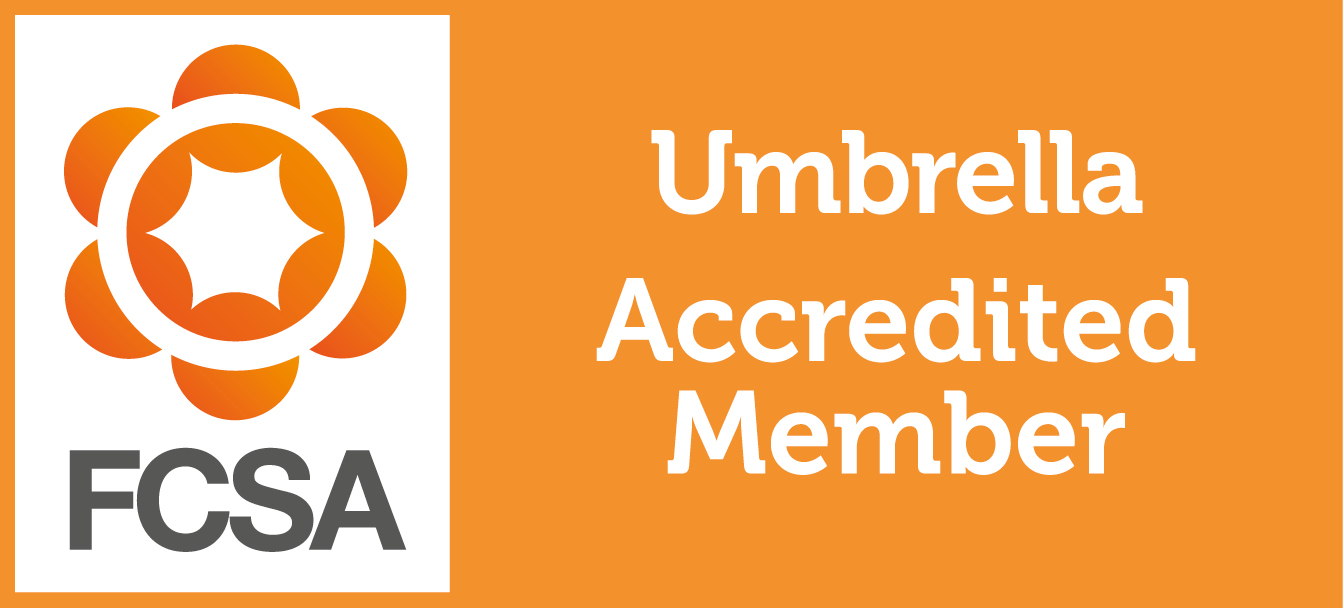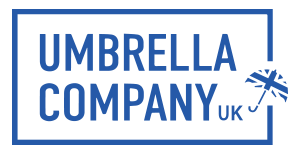
With each new tax year, there are often changes to tax rates that could affect your take home pay. Continue reading as we outline the tax changes introduced for the 2022-23 tax year and how this will affect your take home pay when working through an umbrella company.
Changes to the National Insurance primary threshold
Usually, any changes to tax thresholds, allowances or rates take effect from the beginning of the tax year. However, in the Spring Statement, Chancellor Rishi Sunak announced that the National Insurance Contribution (NIC) primary threshold would be increased. The primary threshold for NIC will increase to £242 per week or £1,048 per month and will take effect from the 6th July 2022. The increase means that the point at which employees start paying NICs will become the same as income tax. The increase to the NIC primary threshold may partially or even fully offset the 1.25% increase in NICs for lower earners.
A 1.25% increase in National Insurance Contributions
For the 2022-23 tax year, employee NICs and employer NICs will increase by 1.25% with the introduction of the Health and Social Care Levy. The new employee NIC rates are 13.25% for earnings above the primary threshold up to the upper earnings limit and 3.25% for earnings above the upper earnings limit. The new employer NIC rate will be 15.05%.
From April 2022, anybody earning more than £9,880 a year will pay 1.25p more in the pound. However, from July 2022, the point at which employees start paying NICs will increase to £12,570. Combining these two measures means that in the 12 months from April 2022, anyone earning less than about £34,000 will pay less NI than they did last year. Anybody earning more than that will pay more. For example, an employee earning £20,000 a year will pay £178 fewer NICs in 2022-23 than they did the previous year, and someone earning £50,000 will pay £197 more.
From April 2023 onwards, the NICs will decrease to the 2021-22 tax year levels and be replaced by a separate 1.25% Health and Social Care Levy tax deduction. Unlike the 2022-23 tax year rise in NI, this levy will also be paid by state pensioners who are still working.
Changes to the National Living Wage and National Minimum Wage
As of the 1st April 2022, the National Living Wage (NLW) and National Minimum Wage (NMW) have both increased, and the new rates are as follows:
- £9.50 for workers aged 23 and over – this is the NLW
- £9.18 for 21 to 22 year old’s
- £6.83 for 18 to 20 year old’s
- £4.81 for 16 to 17 year old’s
The NMW for apprentices will also increase to £4.81. Apprentices qualify for the apprentice rate if they are aged 19 or under or are aged 19 or over in the first year of their apprenticeship. Apprentices are entitled to the minimum wage rate for their age if they are 19 or over and have completed their first year of the apprenticeship.
Find out how much you could take home with Umbrella Company UK
Contact us today for a free and impartial take home pay illustration! Alternatively, you can give our expert Sales Consultants a call on 01707 669023 for more information about our umbrella service or a free and impartial payroll consultation.






